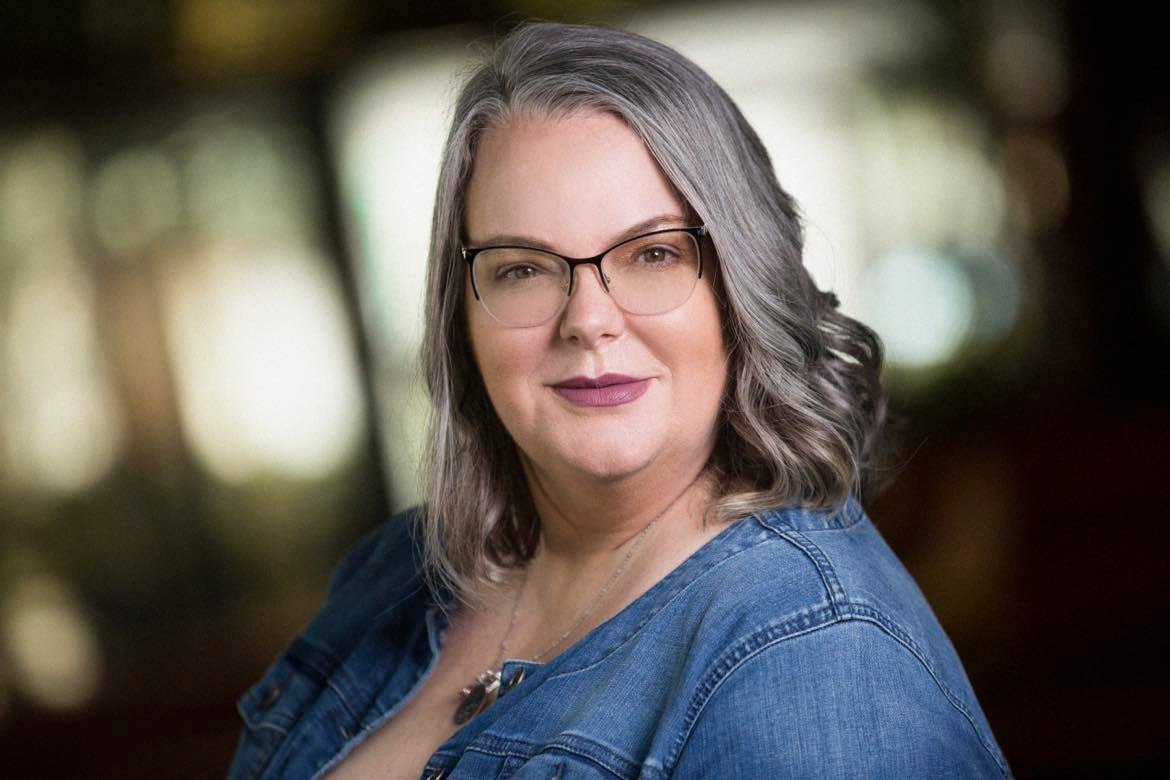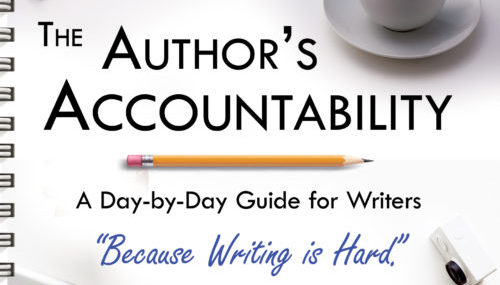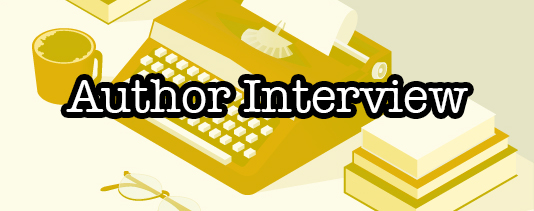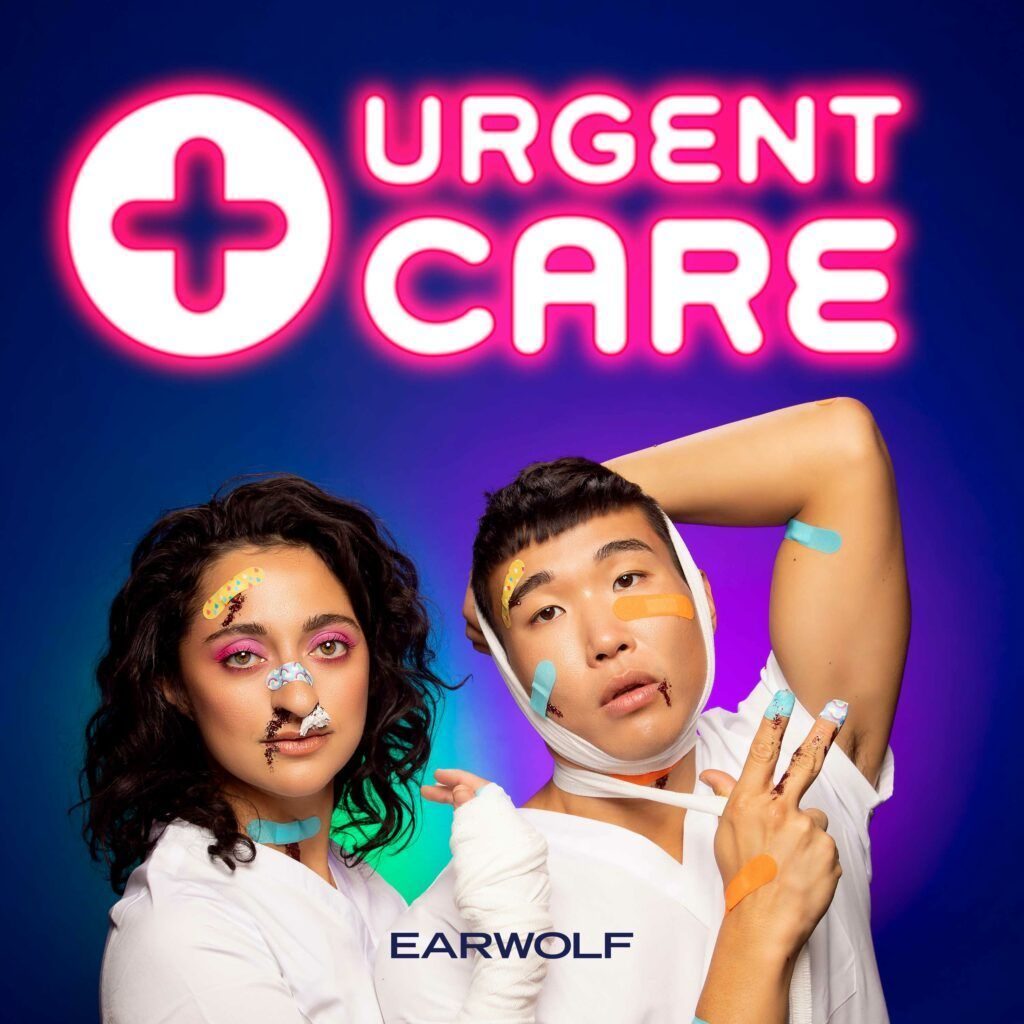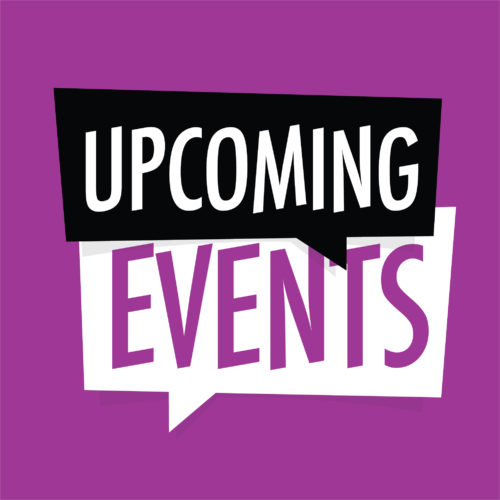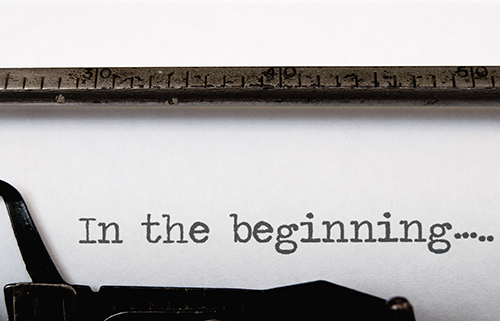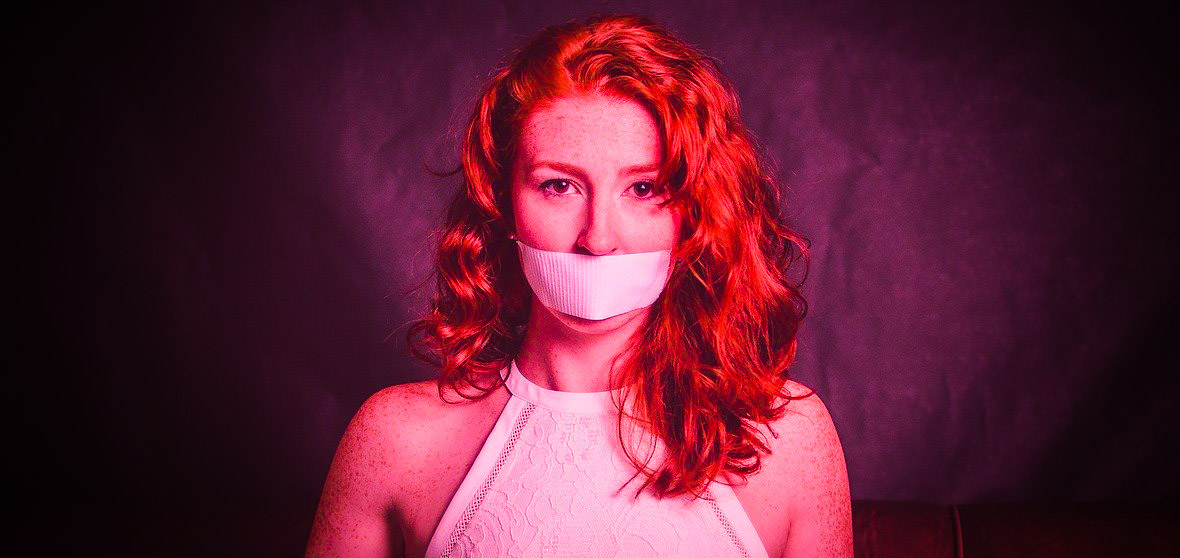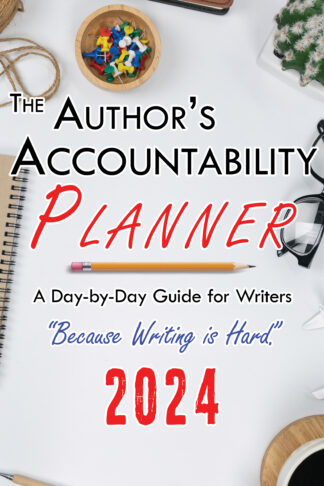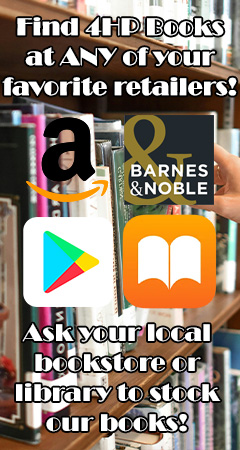
Whether you call it a blurb, back cover text, or product description – there’s only one goal a book’s version of these is designed to do: tell the reader what kind of story lies within the cover! That being said, there is a winning formula and expectation that has been proven. Even in 2021 Ingram found a common pattern in blurbs among 100k titles they followed over the entire year from various publishers, big and small.
Yes, there is a pattern which means we can make a formula to make this less daunting! So, what is that formula? Here’s my take on this magic secret sauce to convince a reader to choose your book over others:
One liner movie voice guy/elevator pitch.
Main character intro. Tell me their goal, motivation, and conflict. Needs to be three sentences at least. Even if you zig-zag evenly between two characters as commonly seen in romance novels, pick the character they start with first.
Love interest/Antagonist intro. Tell me their goal, motivation, and conflict. Needs to be three sentences at least. In dystopian and post apocalyptic it can sometimes be the world here.
OPTIONAL: World or some other information you feel helps sell the book or a one liner closer or question. Or even what the characters face together.
Now remember that the goal, motivation, and conflict can be the immediate version or overall main plot version. There’s not rules on which set to reveal, though I do recommend using the main one. Some things to keep in mind:
- Don’t worry about revealing too much! The reader wants to know what story they will be investing their time and money into so be concise what they should be expecting.
- NAMES. Don’t shy away naming the protagonist, love interest, and antagonist! They want to get to know the characters at a glance.
- Be sure to update the blurb after all revisions have been done. Many authors and marketers start with a blurb before the book is finished or a query letter, but often fail to revise to match major edits that were done afterwards.
- Try writing more than one version of your blurb! Pitch them to readers or in your newsletter and get your current readers involved.
- Add in keywords and genre specific elements so that your readers know without a doubt that your story is a Fantasy, Paranormal, Horror, etc. type of read.
- Have an editor comb through your blurb to clean up any grammatical errors, commas, and clunky writing.
- Careful with word count! You never want to go overboard with how long this is! Nonfiction may get a little long, but try to stay close to 150-250 words.
So what does this blurb look like? Here’s an example inspired by Pablo Francisco’s The Little Tortilla Boy comedy bit:
He was just a Tortilla Boy selling on the streets of Chicago when the mafia wanted in.
Tortilla Boy dreamed of one day owning his own taco restaurant just like his grandfather once had. He had a passion for tacos and burritos, but self doubt wasn’t the only battle. The mafia has their eyes on his taco stand.
The mafia own the streets of Chicago and when the Godfather tastes the best taco of his life, he wants in on the business. Dark secrets will be revealed about Tortilla Boy’s jaded past when the mafia finds he not only refuses the offer, but is willing to go to war.
Tortilla Boy and the mafia duke it out in this action thriller where the tortillas are on the line and steaks are burning hot! This book contains crime, violence, language, and sexual content.
Nonfiction
But wait! There’s more! Well, more on this when it comes to writing your blurb for non-ficiton or memoir, the formula shifts to focus on why you are the expert ono the topic and what the reader will get from the book. These books serve a function, providing knowledge or service and that needs to be said clearly in the blurb. It’s encouraged to make a bullet list on what key features or topics that your book will cover or provide the reader so they can find an answer to the questions they might have on the topic you wrote about.
One liner movie voice guy/elevator pitch/what this product does for the reader.
Main purpose intro. How this will improve, solve, or change the reader’s life. Needs to be at least three sentences long.
- A list of things offered in the book.
- This is optional but helpful in workbooks
- Textbooks
- And certain Self Help books.
Tell me what they should be able to achieve with this book. Hope or walkaway message to build expectations OR who the author is and why they are the best person/expert on this topic
OPTIONAL: Author Bio can be added after initial Blurb
Memoir
Even when you change to a more memoir focused blurb, there’s a shift to also pull the reader into the focus on how they will be interacting with the story. It becomes more about what message, emotions, events, or even the walk-away lesson you the author want to leave the reader with. Be honest, let them know enough up front to pique their interest.
One liner movie voice guy/elevator pitch.
Who this book represents. Tell me their goal, motivation, and conflict. Needs to be three sentences at least. This can be hard, but think of it as a Who are you, what have you achieved, but at what costs or obstacles.
What they faced or who they opposed. Tell me their goal, motivation, and conflict. Needs to be three sentences at least. Now let’s peel back information on costs/obstacles. Was it a single force or person, or was there many factors and hint at them all here.
OPTIONAL: World or some other information you feel helps sell the book or a one liner closer or question. Often this shows who they are now, or what they hope the reader will walk away from this book knowing whether its that they’re not alone in their tribulations, share a human experience, or bring to light something that needs more public awareness. It can even be aimed to help others spiritually or with building skills!
